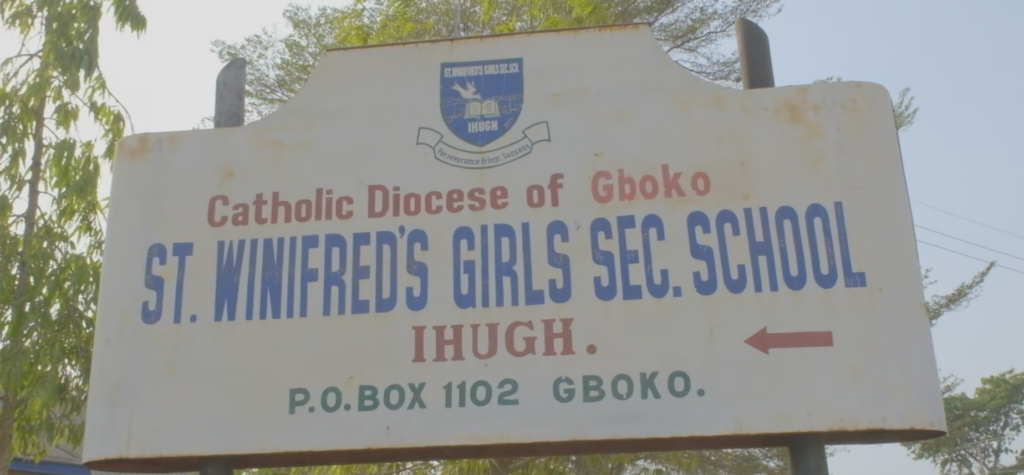
For years, the students of Saint Winifred Girls Secondary School in Ihugh faced a daily struggle: a severe lack of water. Head girl Uber Veronica recounts how the 662 students often had to trek long distances to neighboring houses and communities simply to collect water for basic needs like washing and bathing. This arduous task burdened the students and impacted their studies.
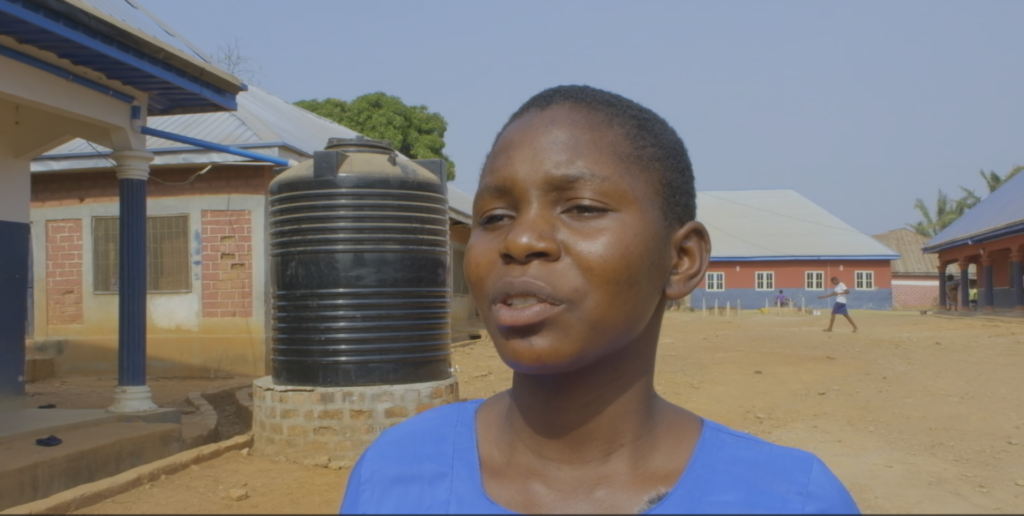
Reverend Father Isaac Terungwa Sharegh, the school’s Principal, explained that since its inception, Saint Winifred had battled chronic water scarcity. Multiple attempts to drill boreholes proved fruitless, forcing the school to rely on expensive water purchases from commercial vendors. Relief came in the form of the Agro-Climatic Resilience in Semi-Arid Landscapes (ACReSAL) Project.

Following a community engagement meeting attended by Fr. Sharegh, the Benue ACReSAL Project intervened, installing four water harvesting structures at the school. The impact has been transformative. During the rainy season, the school was able to collect significant amounts of rainwater, dramatically easing the water shortage and saving the school a substantial amount of money. Even during the dry season, water purchased from vendors is now stored in the ACReSAL-provided tanks, ensuring a more reliable supply.
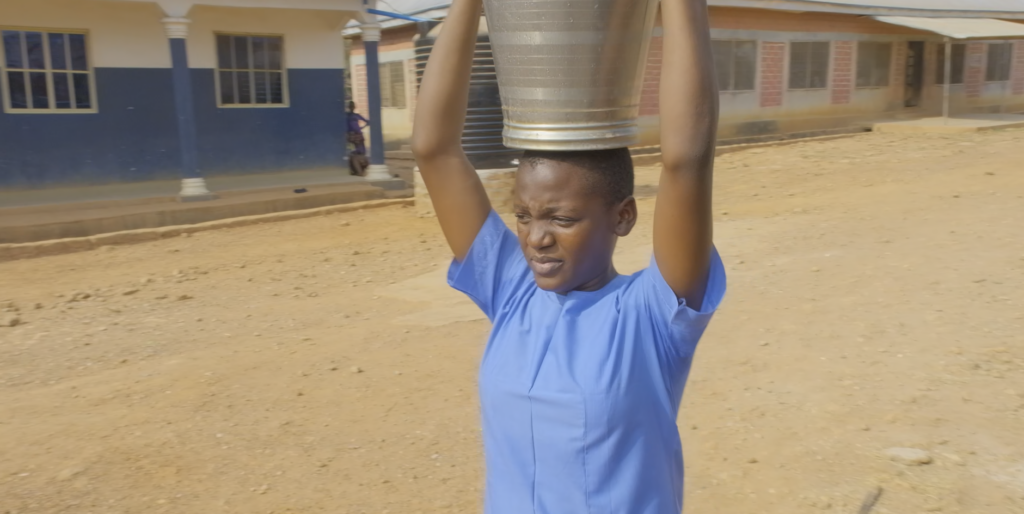
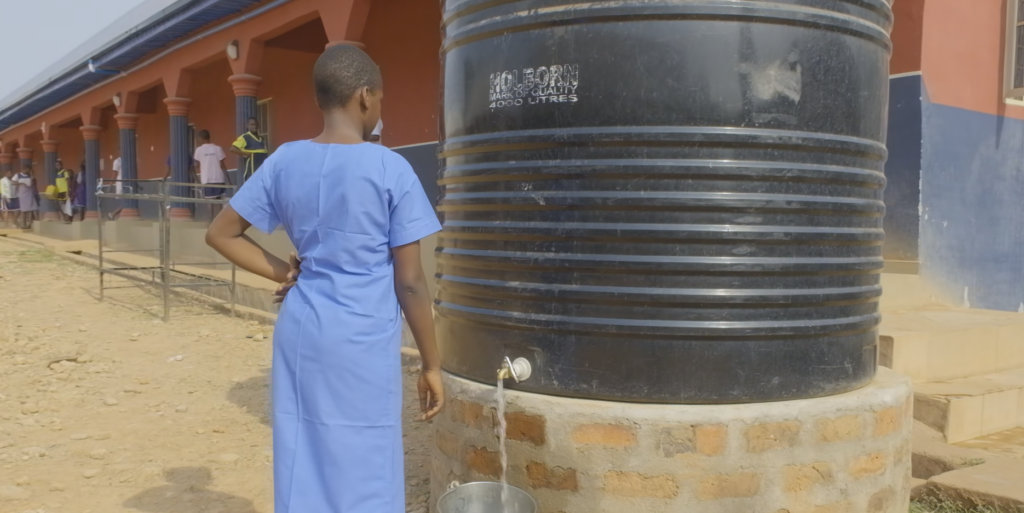
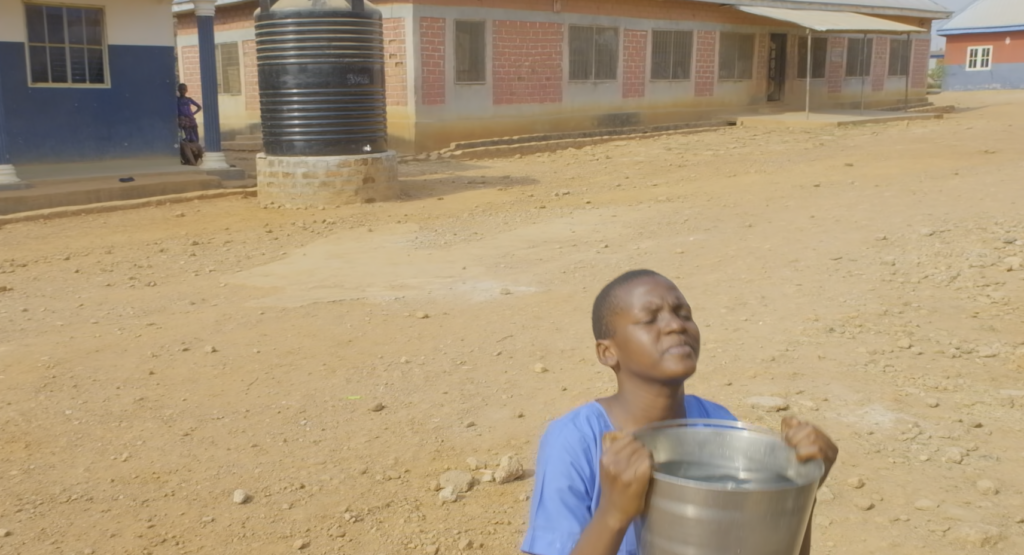
While expressing his gratitude to Benue State Governor Rev. Fr. Dr. Hyacinth Iormen Alia and the State Project Management Unit led by SPC Bldr. Victor Ama, Fr. Sharegh has requested that ACReSAL further assist the school by providing a solar-powered borehole. This addition would ensure a consistent water supply, even during the dry season, and eliminate the need for costly water purchases altogether.
The ACReSAL water harvesting intervention has brought about significant positive changes:
Access to harvested rainwater during the rainy season; Provision of much-needed water storage capacity; Relief for students who no longer need to spend hours trekking to collect water; Significant cost savings for the school during the rainy season.
The story of Saint Winifred Girls’ Secondary School serves as a powerful example of how targeted interventions can significantly improve the lives of students and communities facing environmental challenges.
